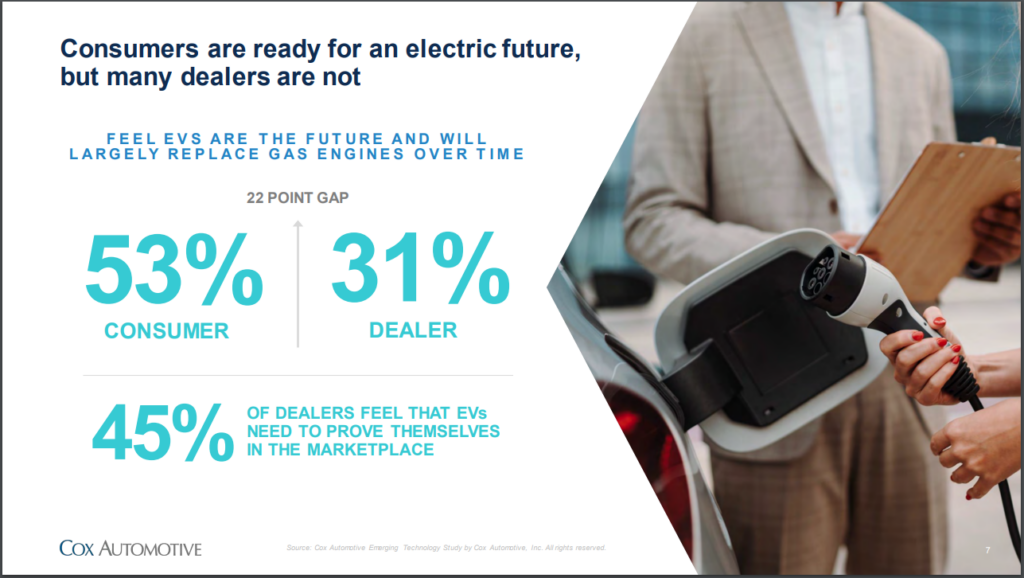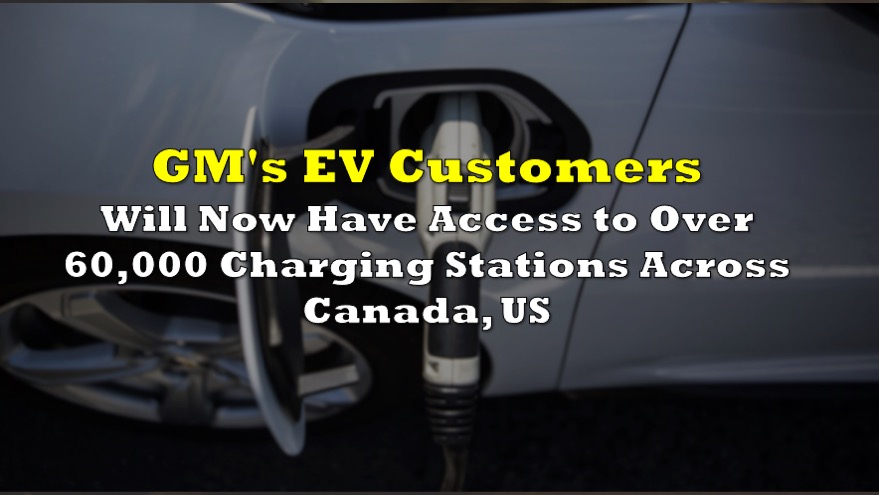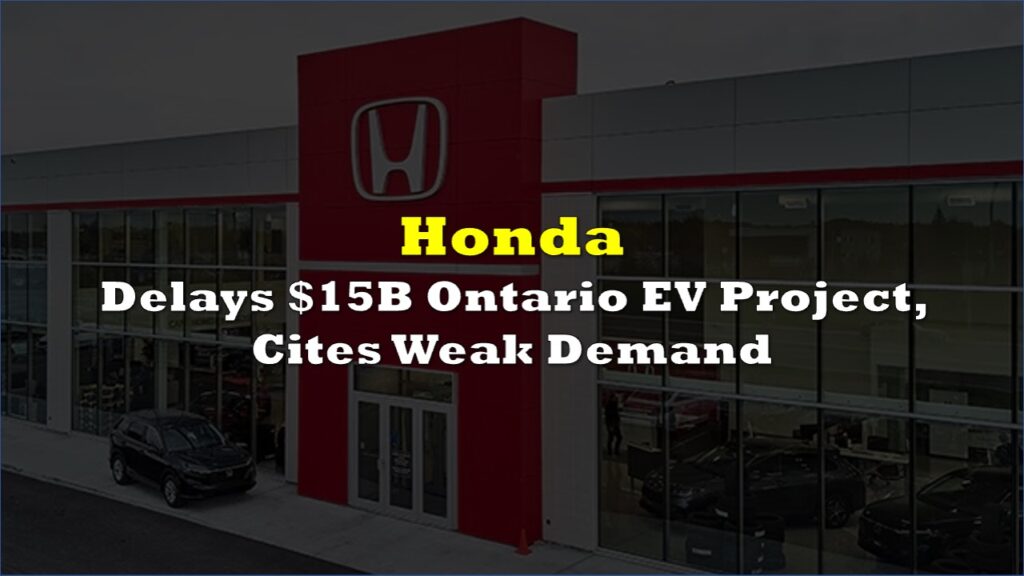Electric vehicle manufacturers are facing a significant challenge as the supply of EVs surpasses demand, according to a recent industry review by Cox Automotive. Despite growing consumer interest in EVs, concerns over pricing and charging infrastructure have made potential buyers hesitant to make a purchase.
Cox Automotive predicts that EV sales will exceed 1 million units for the first time in 2023, accounting for approximately 6.5% of the US auto market. A survey conducted by Cox revealed that 51% of consumers are considering buying a new or used EV, up from 38% in 2021.
The increasing interest can be attributed to Tesla’s rapid expansion and the introduction of 33 new EV models this year, with over 50 more anticipated in 2024.

But the rise in EV production has not been matched by sales, resulting in a significant inventory build-up. The nationwide supply of EVs has increased by nearly 350% this year, reaching over 92,000 units. This equates to a 92-day supply, nearly double the industry average and significantly higher than the 54 days’ worth of gasoline-powered vehicles in inventory.
Cox’s data indicates that certain brands are facing higher inventory levels than others. Luxury models such as Genesis’ Electrified G80, Audi’s Q4 e-tron and Q8 e-tron, and the GMC Hummer EV SUV have bloated inventories, primarily due to their high price tags, which make them ineligible for federal tax credits. Imported models like the Kia EV6, Hyundai Ioniq 5, and Nissan Ariya are also accumulating due to their ineligibility for tax credits.
In contrast, hybrid vehicles are experiencing lower inventory levels, suggesting that consumers may prefer them as a transitional option to fully electric cars. Cox’s data reveals a 44-day supply of hybrids industrywide, with Toyota hybrids, in particular, facing a shortage. Toyota’s only fully electric model, the Bz4X, has a 101-day supply. While Toyota has announced the development of a 3-row electric SUV and new battery technology to improve the range of future EVs, the company plans to maintain a mix of hybrids, plug-in hybrids, and pure EVs for the foreseeable future.
Industry experts anticipate that as more charging infrastructure becomes available and EV prices will be more or less the same as gasoline vehicles by around 2025, the demand for EVs will increase.
Information for this story was found via Axios, and the sources and companies mentioned. The author has no securities or affiliations related to the organizations discussed. Not a recommendation to buy or sell. Always do additional research and consult a professional before purchasing a security. The author holds no licenses.









